I Judge No One. A Political Life of Jesus David Lloyd Dusenbury
Visit to download the full and correct content document: https://ebookmass.com/product/i-judge-no-one-a-political-life-of-jesus-david-lloyd-dus enbury/
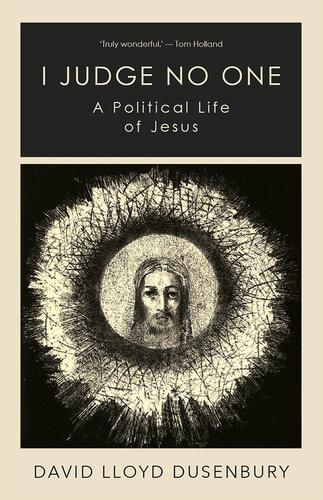
More products digital (pdf, epub, mobi) instant download maybe you interests ...

Beyond the Door of No Return: A Novel David Diop
https://ebookmass.com/product/beyond-the-door-of-no-return-anovel-david-diop/

I Have No Secrets Penny Joelson
https://ebookmass.com/product/i-have-no-secrets-penny-joelson/

I Have No Secrets Penny Joelson
https://ebookmass.com/product/i-have-no-secrets-penny-joelson-2/

For You & No One Else Roni Loren
https://ebookmass.com/product/for-you-no-one-else-roni-loren/

For You & No One Else Roni Loren
https://ebookmass.com/product/for-you-no-one-else-roni-loren-2/

Said No One Ever 1st Edition Stephanie Eding
https://ebookmass.com/product/said-no-one-ever-1st-editionstephanie-eding/

SE03 - For You & No One Else Roni Loren
https://ebookmass.com/product/se03-for-you-no-one-else-roniloren/

Can't Judge a Book by Its Murder Amy Lillard
https://ebookmass.com/product/cant-judge-a-book-by-its-murderamy-lillard/

Can't Judge a Book by Its Murder Amy Lillard
https://ebookmass.com/product/cant-judge-a-book-by-its-murderamy-lillard-2/
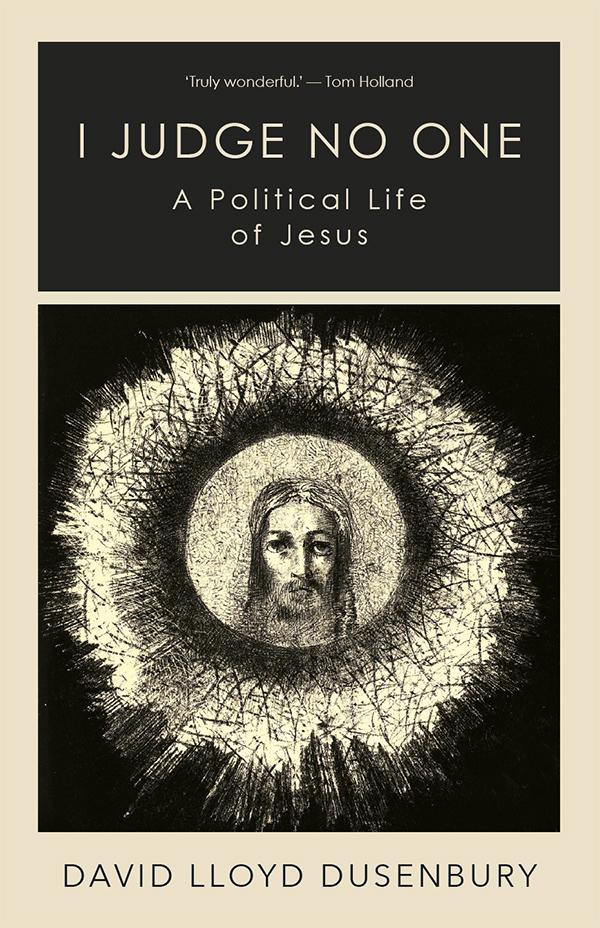
‘An inimitably brilliant fusion of philosophy, theology and history. I can’t think of a book that has made the Gospels seem as fresh and strange to me as this one does.’
Tom Holland, presenter of BBC Radio 4’s Making History, and author of Rubicon: The Triumphandthe Tragedy ofthe Roman Republic
‘A wholly fresh perspective on the story of Jesus, this book argues that the life and teaching of Jesus represent a direct challenge to all our human political agendas. The faith that stems from Jesus’ words, acts and sufferings is not one that turns away from politics, but one that exposes the workings of power, and both demands and promises a fuller, more fully communal human experience in love beyond judgement. Radical, learned and inspiring, this is a very important study indeed for our times.’
Rowan Williams, former Archbishop of Canterbury
‘With remarkable mastery of scholarship, this fresh understanding of the figure of Jesus shows that traditional interpretations fail to understand the true nature of his activity. In twenty-one tersely-written chapters, which one reads as the unfolding elements of a thriller, Dusenbury succeeds in turning the tables. The work of Giorgio Agamben on Paul is perhaps the closest parallel I can think of.’
Guy Stroumsa, Professor Emeritus of the Study of the Abrahamic Religions, University of Oxford, and Martin Buber Professor Emeritus of Comparative Religion, the Hebrew University of Jerusalem
‘Dusenbury’s shrewd, well-written and penetrating analyses of some of the greatest mysteries of Mankind at the time of Christ’s Passion deserves a far wider readership than just those interested in theology. What he has to say about the historical and political Jesus, gleaned from a profound knowledge of the Gospels, is as intellectually rigorous as it is spiritually uplifting.’
Andrew Roberts, author of Napoleon the Great and many other bestselling biographies, and Visiting Professor, King’s College London
‘Another book about Jesus? Dusenbury’s book will be worth your time, even in disagreement.’
Joseph H. H. Weiler, Co-Director, Jean Monnet Center for International and Regional Economic Law and Justice, New York University School of Law
‘An astonishingly erudite example of a decidedly philosophical commentary on the gospels, this book investigates the unsettling suspension of the “power to judge, compel or fight” by Jesus, the mystical judge. Yet, it does more than that. It shows why philosophical investigations of the gospel are still indispensable if we want to understand the notoriously misconceived roots of our Western civilization.’
Johannes Hoff, Professor of Dogmatic Theology, University of Innsbruck
I JUDGE NO ONE
DAVID LLOYD DUSENBURY
I Judge No One
APoliticalLife ofJesus

HURST & COMPANY, LONDON
First published in the United Kingdom in 2022 by C. Hurst & Co. (Publishers) Ltd.,
New Wing, Somerset House, Strand, London, WC2R 1LA
© David Lloyd Dusenbury, 2022
All rights reserved.
The right of David Lloyd Dusenbury to be identified as the author of this publication is asserted by him in accordance with the Copyright, Designs and Patents Act, 1988.
A Cataloguing-in-Publication data record for this book is available from the British Library.
ISBN: 9781787388055
This book is printed using paper from registered sustainable and managed sources.
www.hurstpublishers.com
“The just man will have to endure the lash—and finally, after every extremity of suffering, he will be crucified.”
– Plato, Republic
“The state, or rather, the whole world is in such error that it persecutes good and just men—torturing, condemning, and killing them.”
– Lactantius, Divine Institutes
For my brother, Timothy Dusenbury
ilmiglior fabbro, the better maker
1. Jesus the Stranger
CONTENTS
PART ONE A PLACE TO BEGIN
2. “What Is This Wisdom?”
3. Jesus the Philosopher
PART TWO QUESTIONS ABOUT THE CRUCIFIED
4. Jesus and the Desire to Die
5. Jesus and the Horror of Death
6. Jesus and the Presentiment of Death
PART THREE A CERTAIN JESUS
7. “A God Who Was Condemned”
8. Jurisdictions and DramatisPersonae
9. Judaean Philosophies and Confused Judges
PART FOUR THE POLITICAL TEMPTATIONS OF CHRIST
10. Jesus among the Believers
11. Jesus among the Lawbreakers
12. Jesus among the Rulers
PART FIVE THE POLITICS OF JESUS
13. Realpolitikand the Transcendent Kingdom
14. The Action in the Temple
15. The Incident with the Alabaster Jar
PART SIX THE AUTHORITY OF DARKNESS
16. Jesus the Galilean
17. Jesus the Reject
18. Blasphemy and Majesty
PART SEVEN DARKNESS AND LIGHT
19. Jesus the Convict
20. “What Is Truth?”
21. Death and Paradise
Author’s Note
List of Figures
Notes
Bibliography
Index

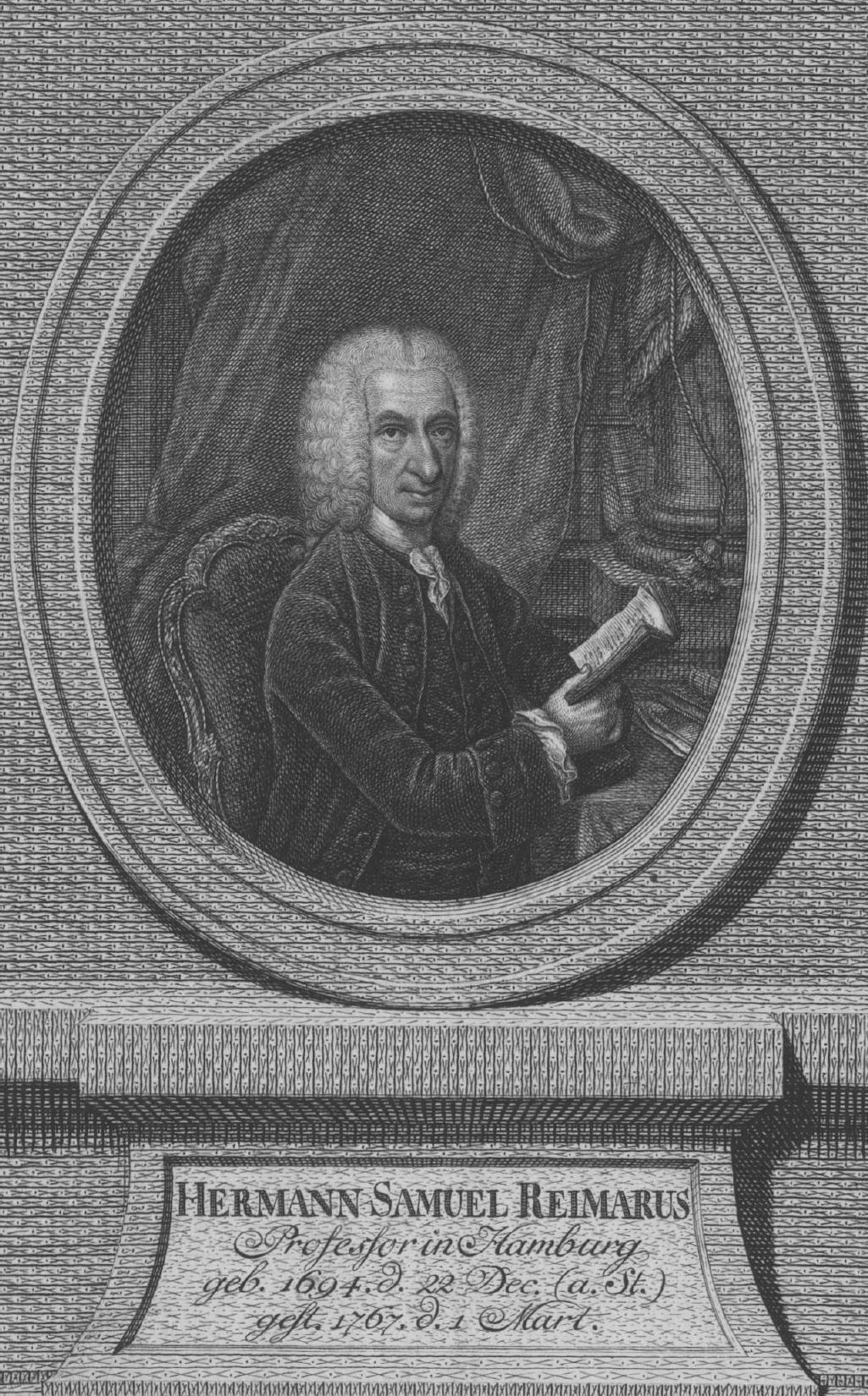

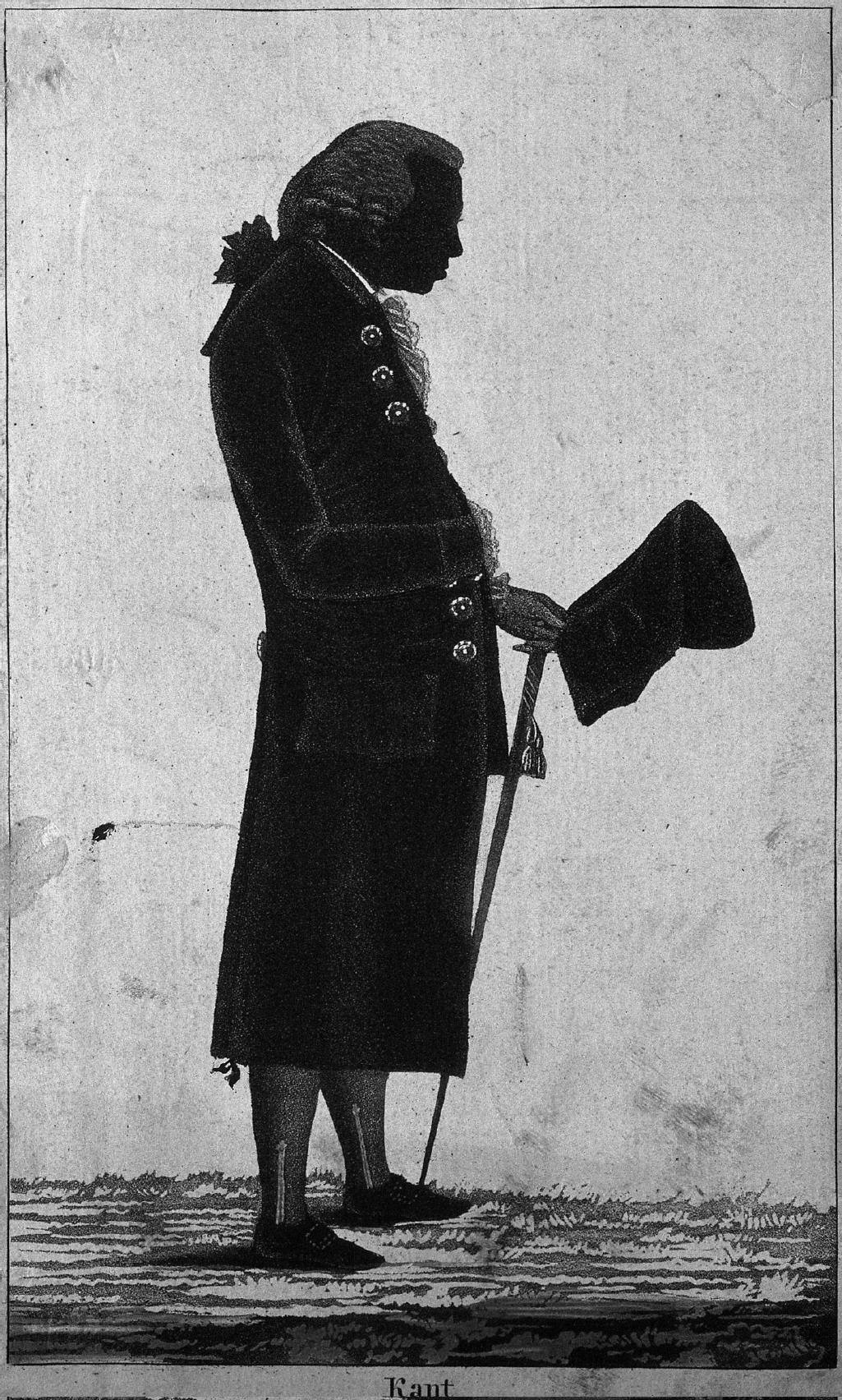

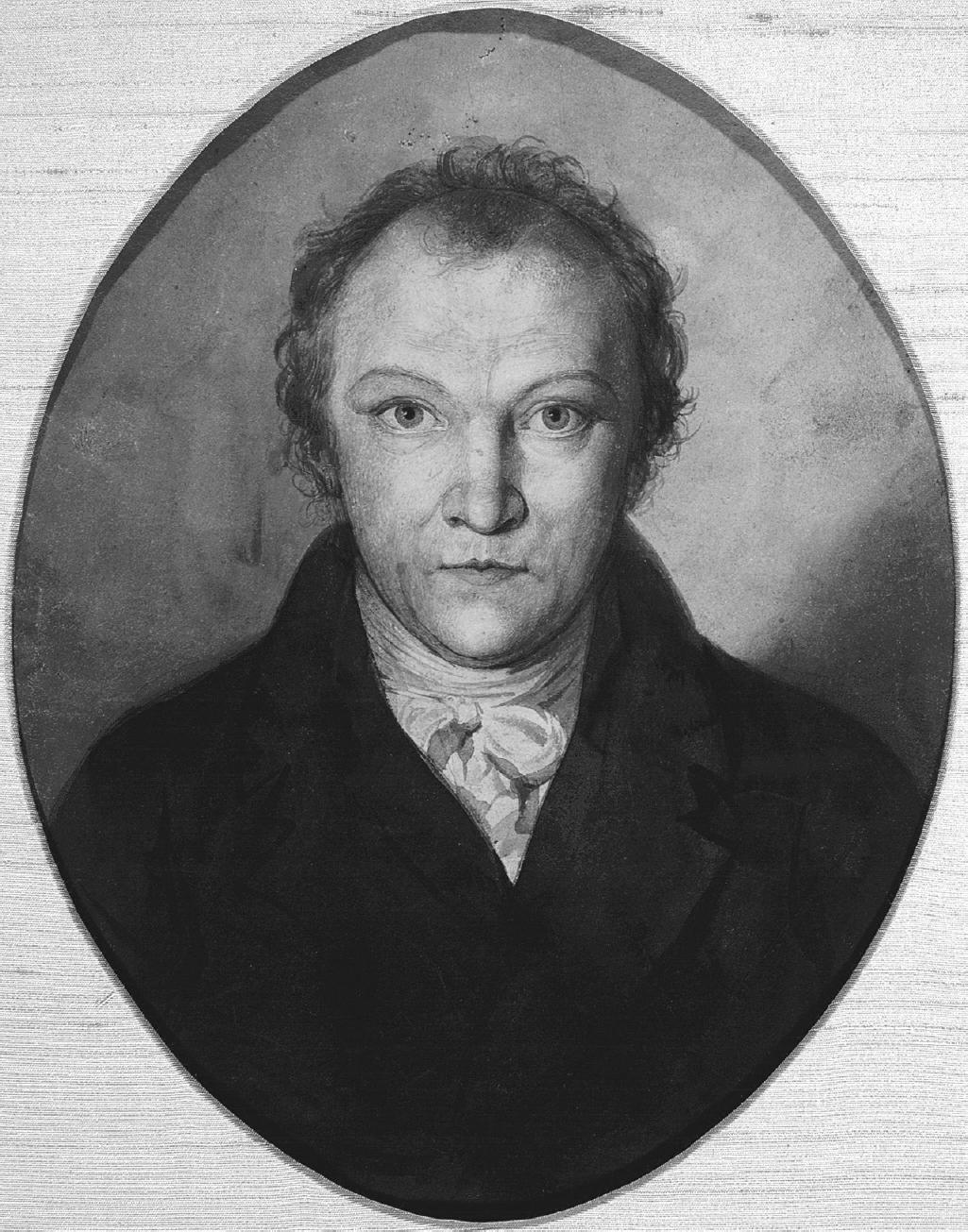
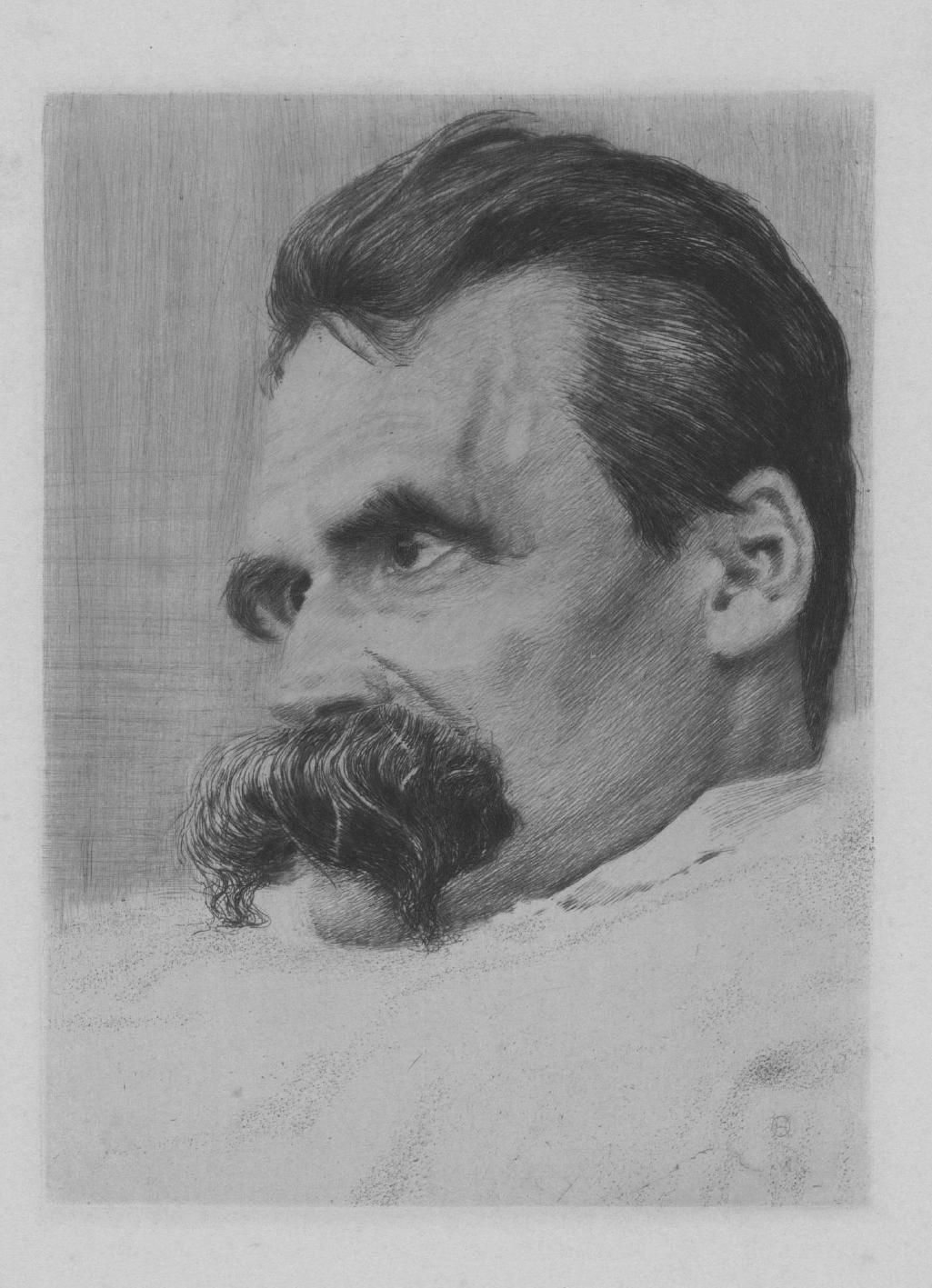
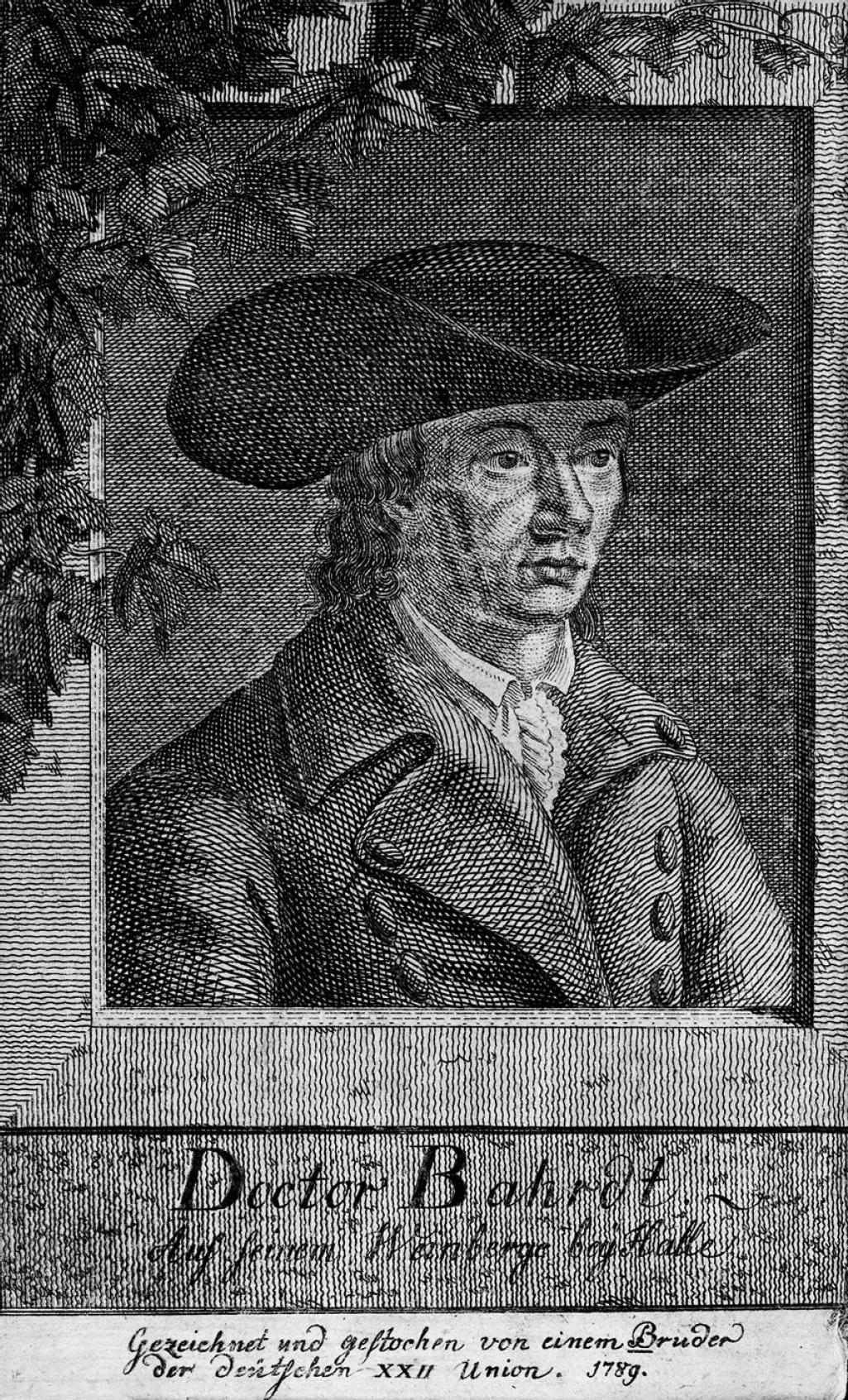


7. Maurice Merleau-Ponty, before 1961.
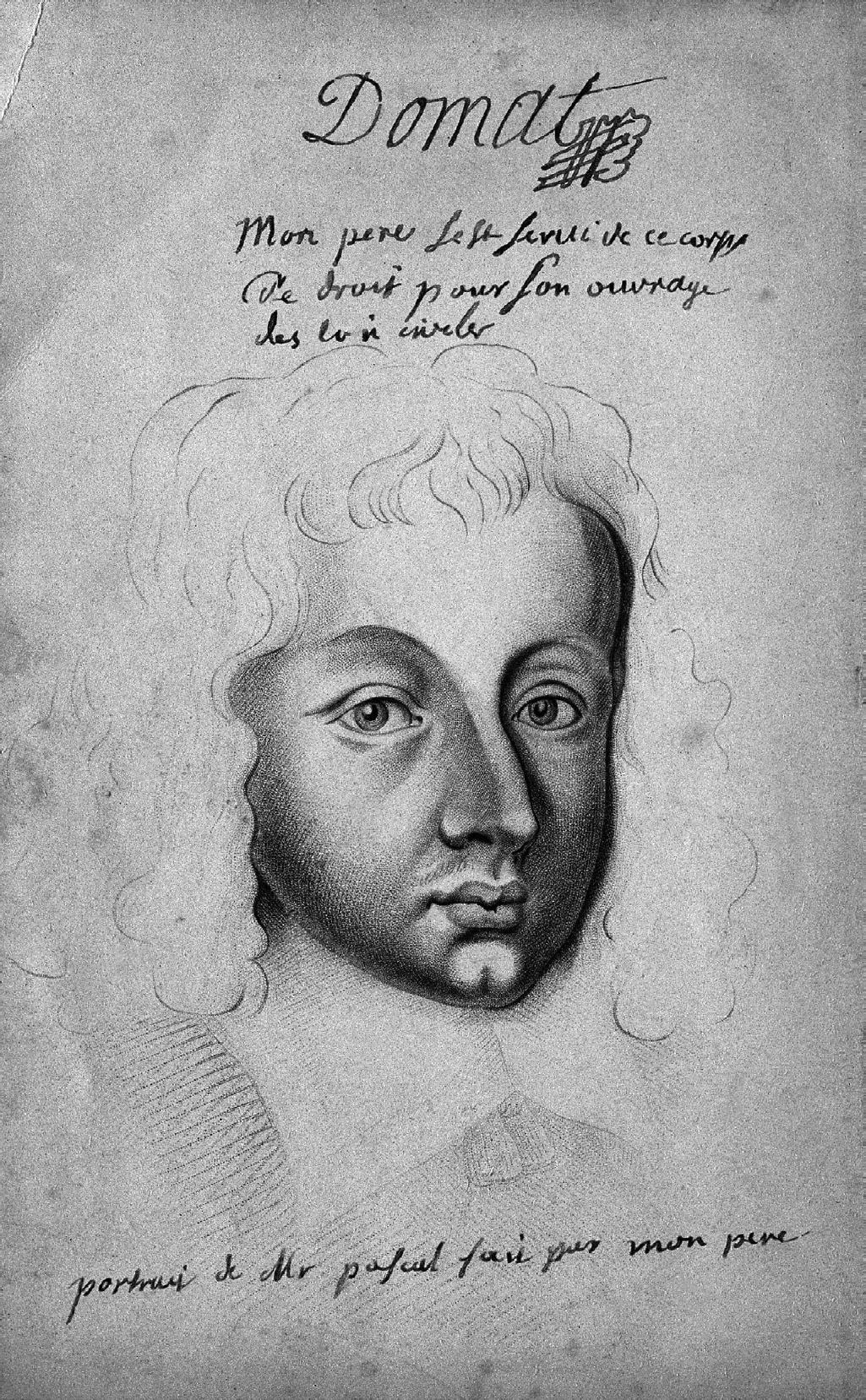

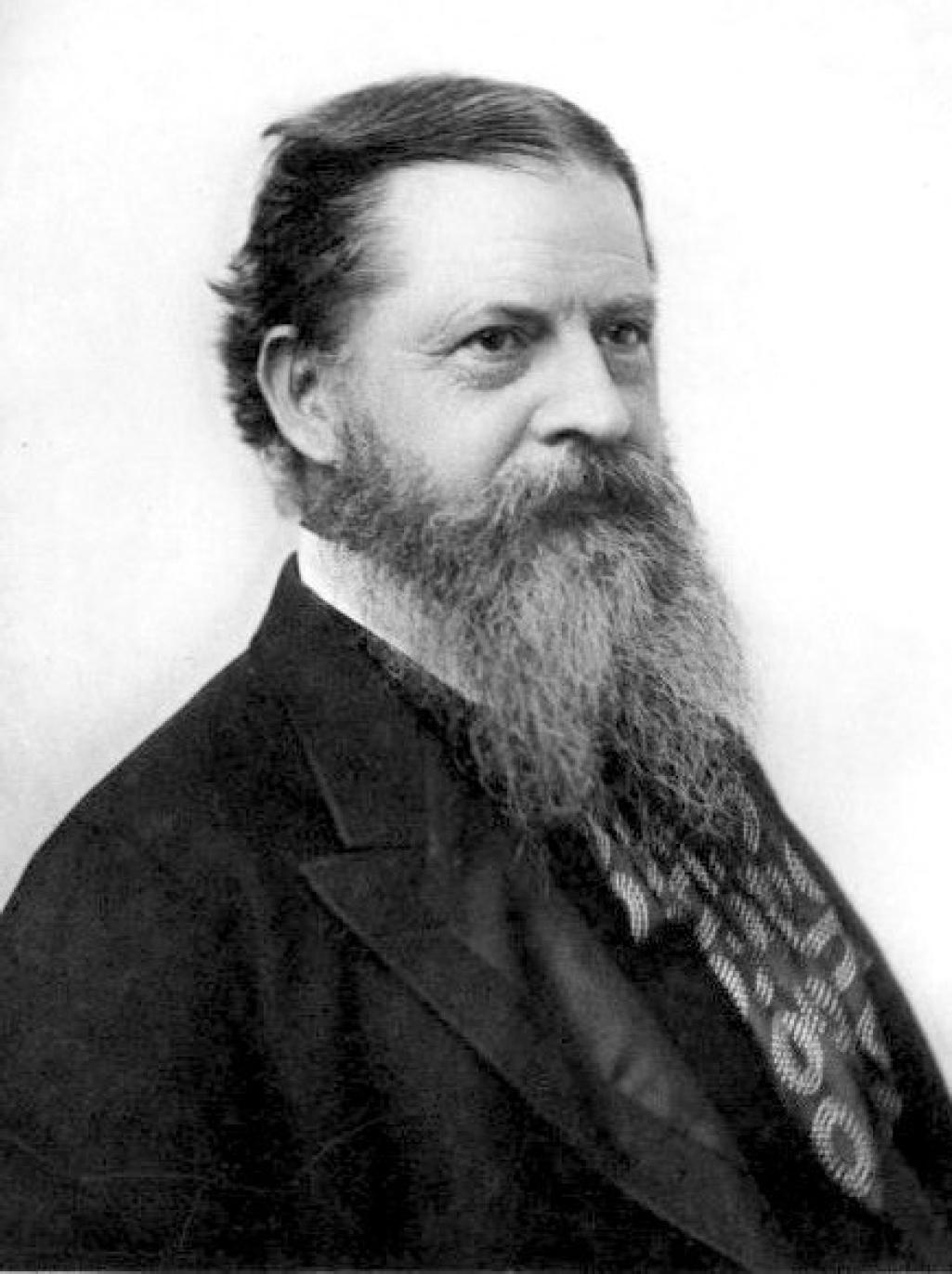
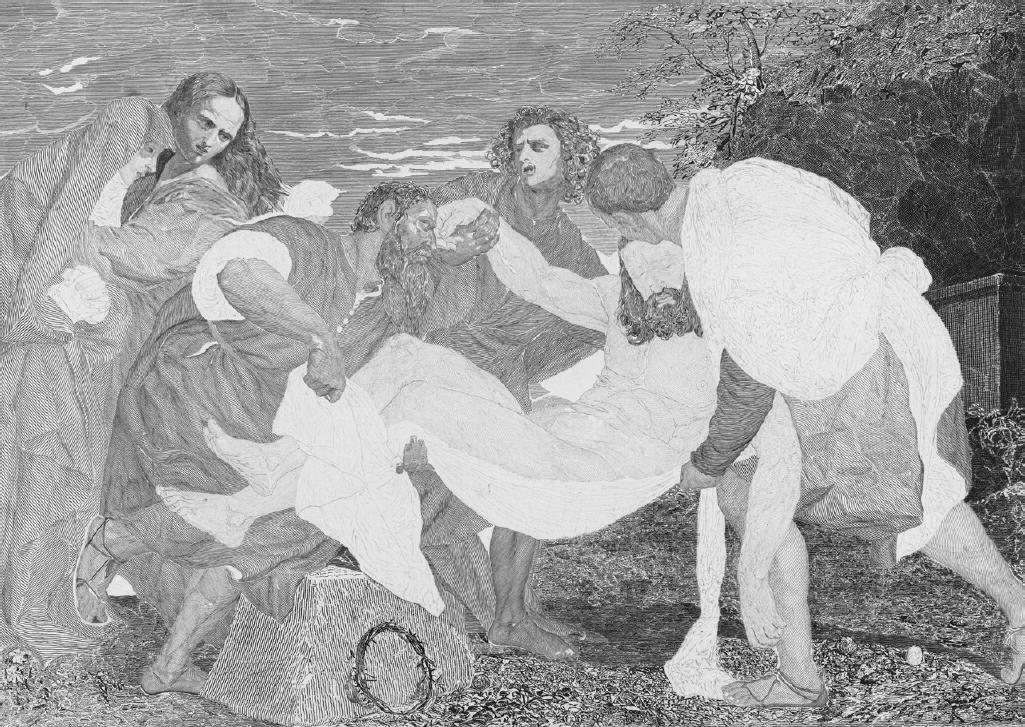
10. EntombmentofChrist withMary Grieving (unfinished), by Johannes de Mare (after Titian), circa 1848.
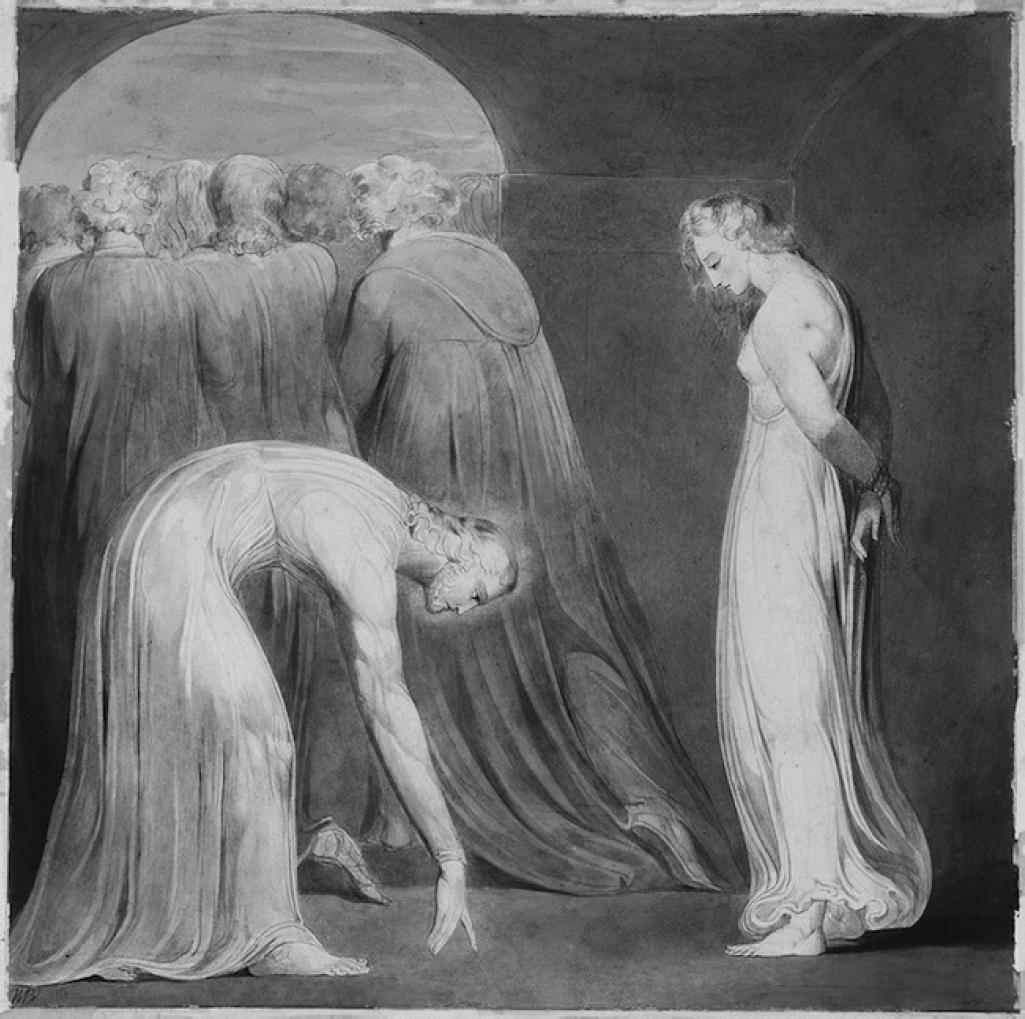
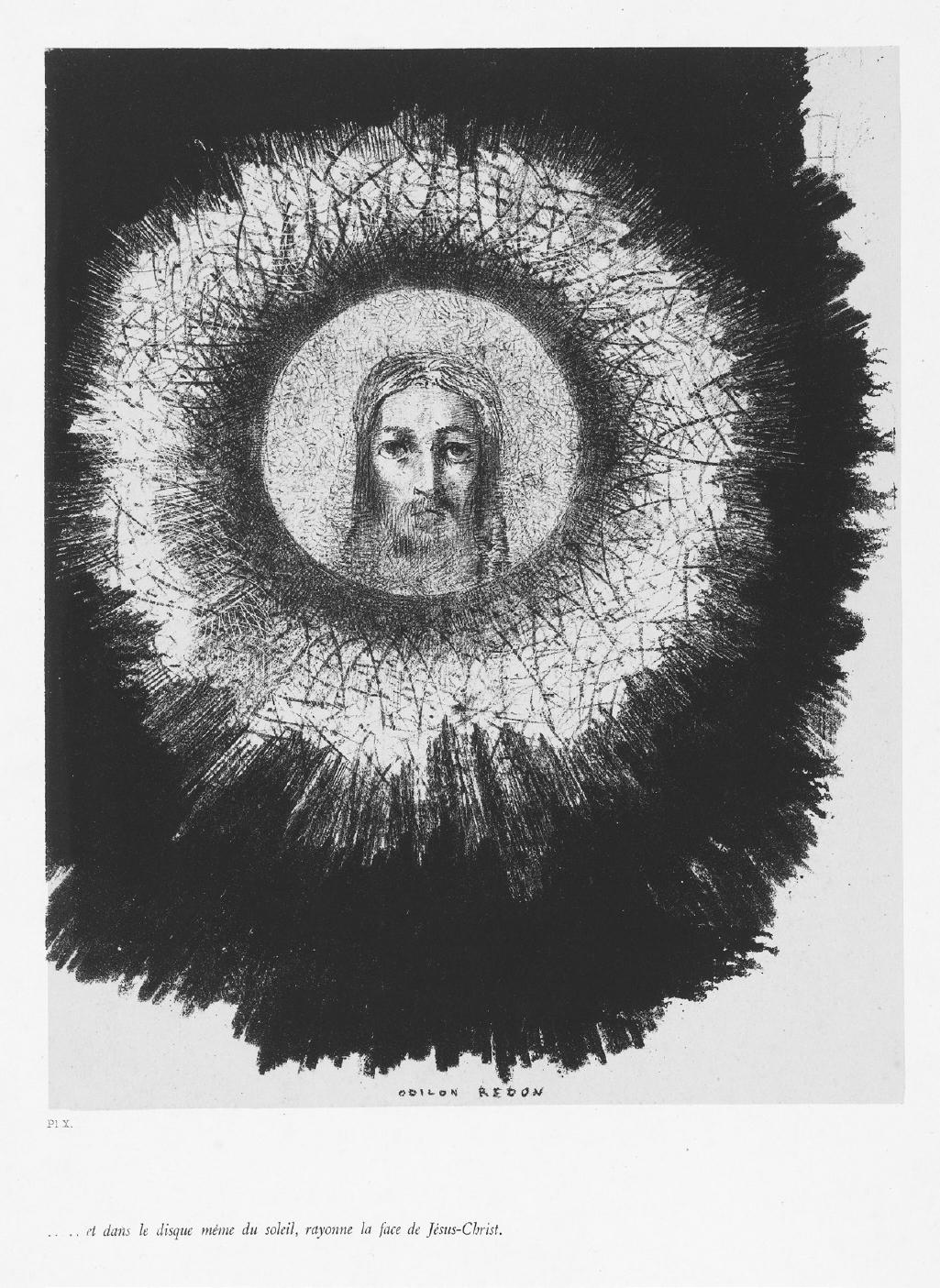
12. … Andin the Very Diskofthe Sun, Shines the Face ofJesus Christ, by Odilon Redon, 1888.
PART ONE
A PLACE TO BEGIN
JESUS THE STRANGER
We no longer know how to think about Jesus.
In one of his memorandum books, Ludwig Wittgenstein mentions that he cannot call Jesus Lordfor the simple reason that he cannot meaningfully “utter the word ‘Lord’”. However, he remarks: “I could call him ‘the paragon’, ‘God’ even—or rather, I can understand it when he is so called.”1
In Human, All Too Human, Friedrich Nietzsche refers to Jesus disarmingly as “the noblest human being”.2 He writes in a later book that “one could, with a degree of license, call Jesus a ‘free spirit’”.3
In Nietzsche’s lexicon, there is no higher praise.
Immanuel Kant’s idea of Jesus is that of “a person whose wisdom, even purer than that of previous philosophers, was as though descended from heaven”.4
And Benedict de Spinoza makes this arresting confession: “I believe no one has achieved such perfection compared to others as Christ, to whom the decrees of God which lead humankind to salvation were revealed directly.” If the legislator Moses met God
“face to face”, the philosopher Christ knew God “mind to mind”.5 (See fig. 1.)
A book could be written about this sequence of fragments on Jesus—and other texts could be brought forward.6 But this is not that book. Rather, we can take these fragments as a bare indication that even many of Christianity’s harshest critics have held Jesus to be thought-worthy.
If we no longer know how to think about the enigmatic figure who moves through the four gospels, the fault may be ours.
H.S.ReimarusandtheModernIdeaofJesus
One reason for our lack of philosophical interest in Jesus may be confusion. We tend to confuse the person of Jesus with the legacy of Christianity, and to confuse mere denunciation with critique. Nietzsche is clarifying. He finally decided to call The Antichrist—his 1888 tirade—a Curse upon Christianity, and not a Critique of Christianity, as in early drafts.7
A curse is not critique. And critique is not the root of any culture. In a volume of her lectures and conversations, Julia Kristeva suggests that there can be no culture of pure critique. The deepest sources of any culture must be not only interrogated, but—in a highly nuanced way believed. She argues that Christianity “has introduced and continues to diffuse radical innovations … we have not done taking the measure of”, and that we “do not dare recognize … as ‘Christian difference’”.8
But there is, to my mind, a more specific cause of our philosophical disinterest in Jesus. It is that late modern historians often envision him in the terms described by Anna Della Subin in the first pages of her shimmering book, Accidental Gods.9 Subin writes that “scholars who search for the man-in-history” behind the gospels find Jesus to be immersed in “the politics of his day”. He is “a Jewish dissident preacher who posed a radical challenge to the gods and governors of Rome”. And this is how Subin fleshes out her modern idea of the Jesus of history:
